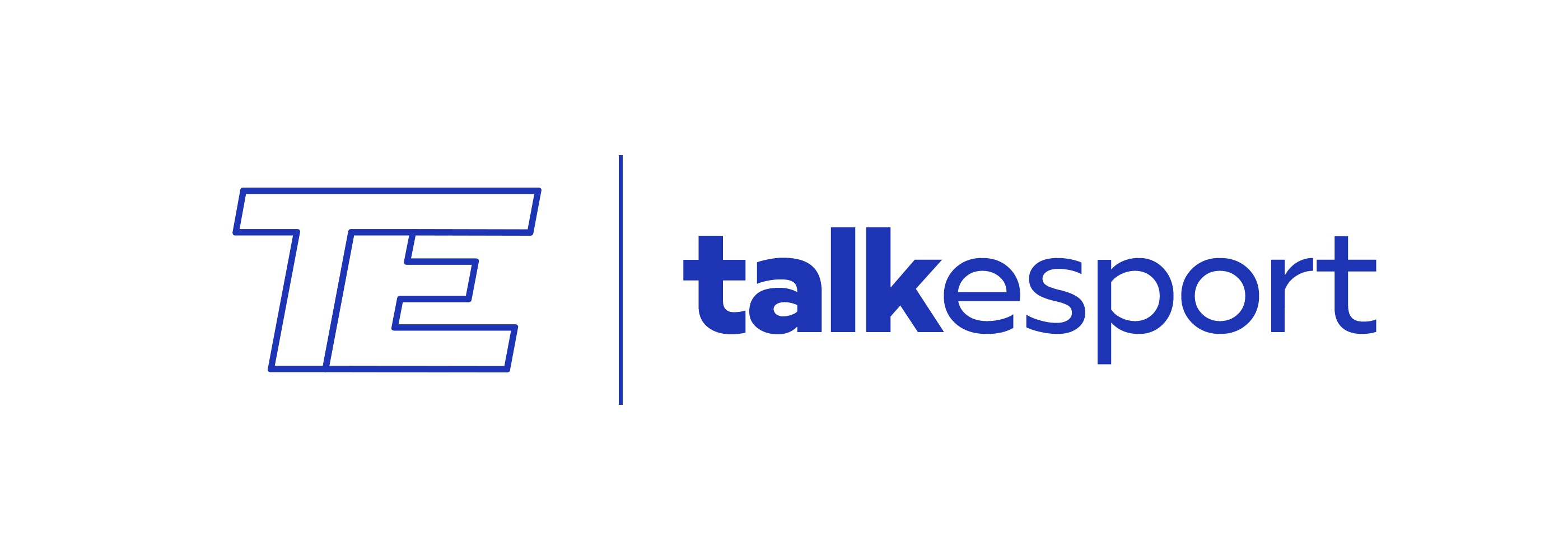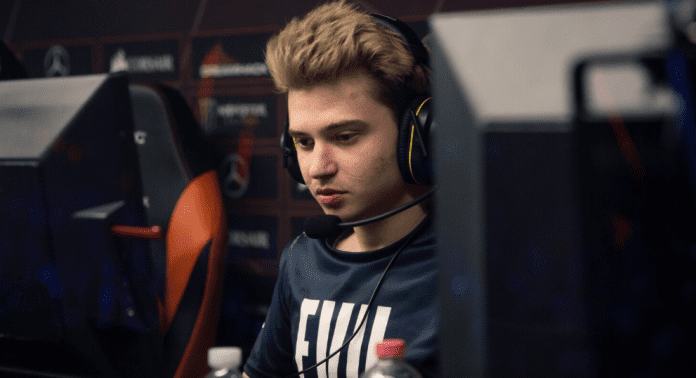In the world of Dota 2, feuds between pro players are the stuff of legend. The latest chapter features Outsiders carry, Roman “RAMZES” Kushnarev, and popular streamer Janne “Gorgc” Stefanovski. While the surface of their rivalry seems like playful banter gone wrong, examining the situation reveals a clash born from deeper issues of in-game behavior and competitive drive.
RAMZES Gorgc Beef
Gorgc: Questioning Maturity or Competitive Edge?
Gorgc kicked things off by suggesting RAMZES lacks the maturity expected of seasoned pros. While couched in humor, the barb speaks to a larger pattern in RAMZES’ gameplay – in-game toxicity that goes beyond the usual frustrations of high-stakes matches. Gorgc has gone further, anonymously labeling RAMZES as one of the two most hated players in the scene.
While RAMZES downplays the feud, his dismissal of Gorgc’s skills as a player merits closer examination. Is this simply trading insults, or does it signal underlying insecurities?
RAMZES: Toxic Reputation Meets Middling Performance
RAMZES has an undeniable reputation for toxicity. His infamous feud with Quinn “Quinn” Callahan of Gaimin Gladiators speaks to that. Yet, his recent on-stream remarks about Gorgc hint at a player deeply frustrated by his own flagging competitive status. RAMZES’ team, L1GA TEAM, is struggling – a recent loss to the newly-formed MOUZ underscores this.
Gorgc: Skill Deficit and the Streamer Path
Gorgc’s inability to break through as a top-tier pro speaks to potential skill gaps, lending some credence to RAMZES’ criticism. Yet, while the sting of failure might fuel his dislike for RAMZES, it’s worth noting Gorgc’s immense success as a streamer, indicating both a talent for entertainment and a possible strategic pivot away from competitive frustration.
Ultimately, the Gorgc-RAMZES feud isn’t as simple as good vs. bad. It’s a collision of a famously toxic player and a competitor who might lack that top tier edge, yet is no stranger to stirring up controversy himself. While the drama is entertaining for viewers, it’s a reminder that even within esports, interpersonal tensions can overshadow pure skill.


